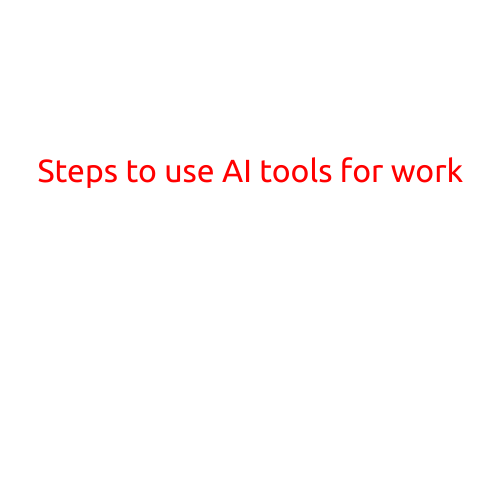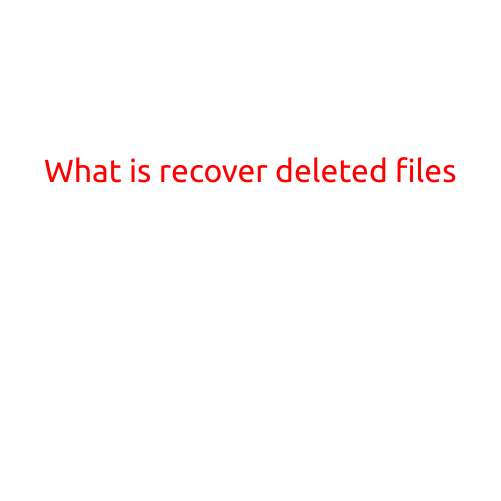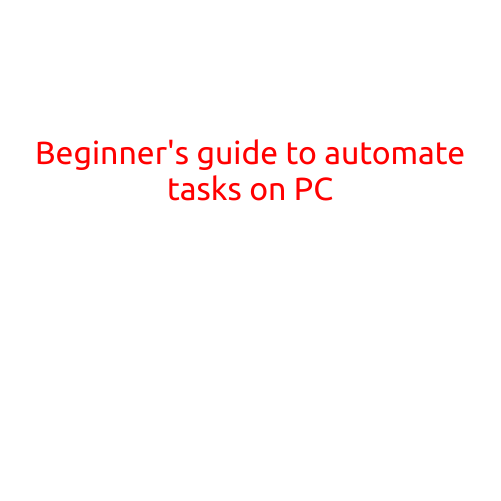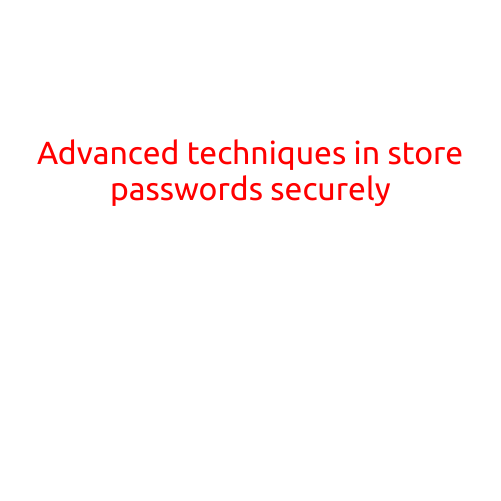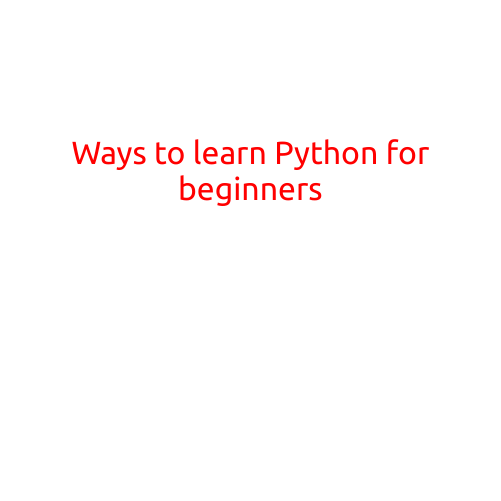
Ways to Learn Python for Beginners
Python is a popular and powerful programming language that is widely used in various industries, including web development, data analysis, artificial intelligence, and more. Whether you’re an absolute beginner or have some experience in programming, learning Python can open up a world of possibilities and enhance your career prospects. In this article, we’ll explore the best ways to learn Python for beginners.
1. Online Courses and Tutorials
Online courses and tutorials are an excellent way to learn Python, especially for beginners. Some popular online platforms that offer Python courses include:
- Codecademy: A comprehensive course that covers the basics of Python programming.
- Coursera: A series of courses offered by top universities, including Yale and Duke.
- edX: A large collection of Python courses from leading institutions.
- DataCamp: An interactive platform that offers hands-on Python courses.
2. Code Editors and IDEs
Code editors and IDEs (Integrated Development Environments) are essential tools for writing and debugging Python code. Some popular options include:
- PyCharm: A feature-rich IDE that offers code completion, debugging, and version control.
- Visual Studio Code: A lightweight and customizable code editor that integrates with numerous extensions.
- Spyder: A free and open-source IDE that offers code completion, debugging, and project management.
3. Books and eBooks
Books and eBooks are a great way to learn Python, especially if you prefer a more structured approach. Some popular Python books for beginners include:
- “Python Crash Course” by Eric Matthes
- “Learning Python” by Mark Lutz
- “Python for Data Analysis” by Wes McKinney
4. Practice and Projects
Practice is key to mastering Python. The best way to learn is by writing code and working on projects. Some popular projects for beginners include:
- Building a simple calculator using Python’s built-in functions.
- Creating a chatbot that responds to user input.
- Developing a simple game like Tic-Tac-Toe or Snake.
5. Join Online Communities and Forums
Joining online communities and forums is an excellent way to connect with other Python learners and get help when you’re stuck. Some popular platforms include:
- Reddit’s r/learnpython and r/Python communities
- Stack Overflow: A Q&A platform for programmers.
- Python subreddit: A community-driven platform that shares articles, tutorials, and project ideas.
6. Find a Mentor orStudy Group
Having a mentor or study group can be incredibly helpful when learning Python. A mentor can provide guidance, answer questions, and share their experience. A study group can offer a sense of camaraderie and motivation.
7. Participate in Coding Challenges
Participating in coding challenges is an excellent way to improve your Python skills and stay motivated. Some popular platforms include:
- HackerRank: A site that offers coding challenges and projects in Python.
- Codewars: A platform that offers coding challenges in the form of katas.
- Project Euler: A site that offers mathematical programming challenges.
8. Watch Video Tutorials and YouTube Channels
Video tutorials and YouTube channels are a great way to learn Python visually. Some popular channels include:
- Corey Schafer’s Python Tutorials
- Python Programming Tutorials by freeCodeCamp
- Traversy Media’s Python Programming Tutorials
Conclusion
Learning Python can be an intimidating task, but with the right resources and approach, anyone can become proficient. Whether you’re a beginner or have some experience in programming, this article has provided you with a comprehensive guide to getting started with Python. Remember to practice regularly, join online communities, and participate in coding challenges to improve your skills. Happy coding!
